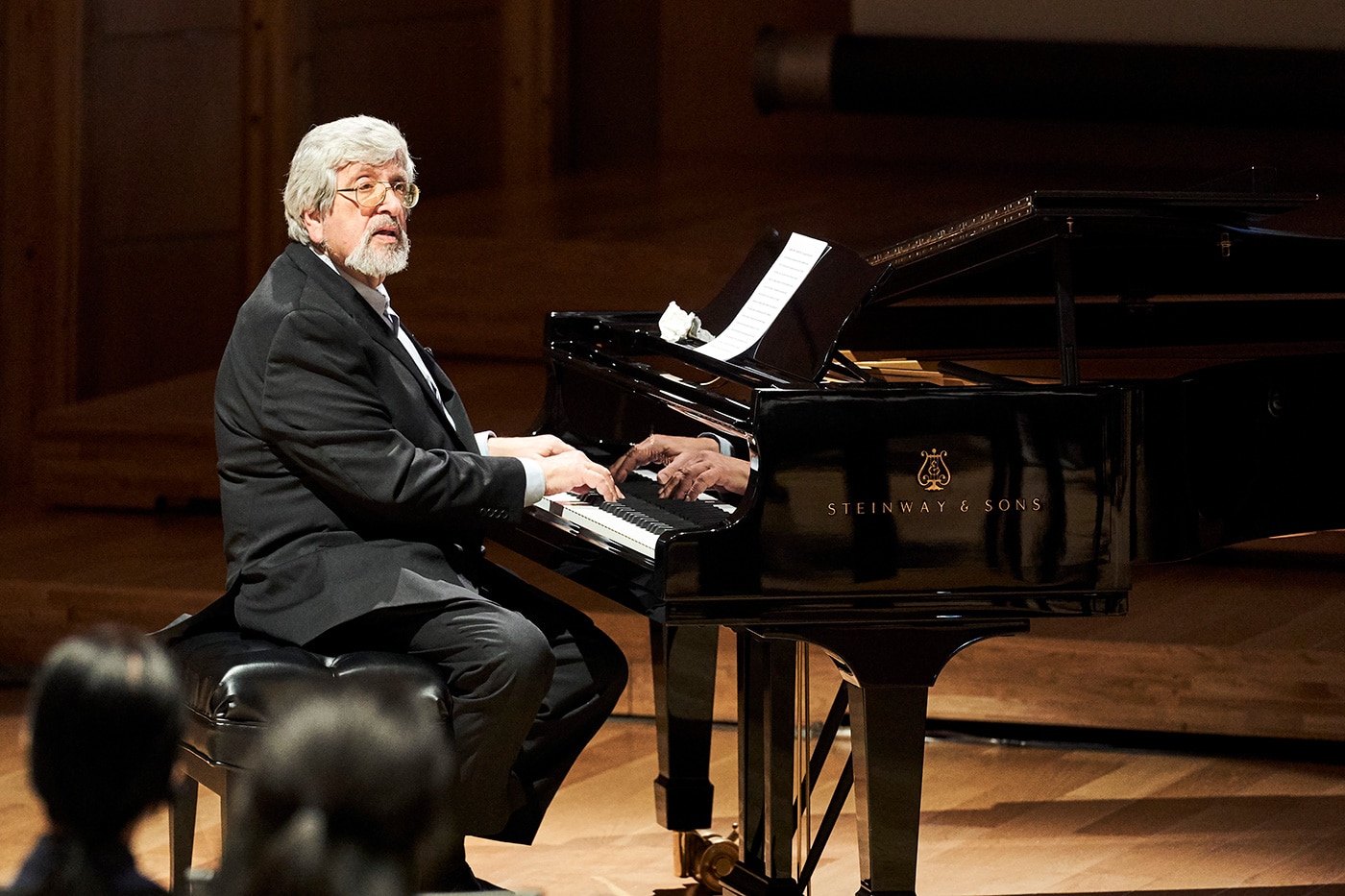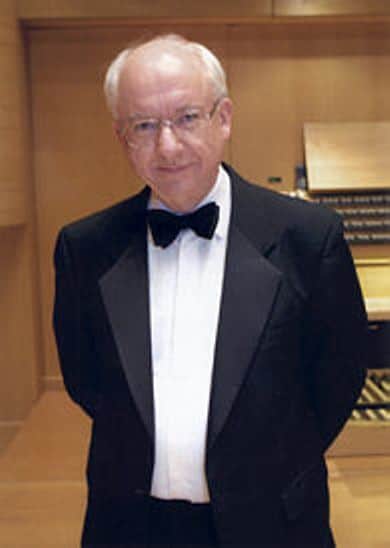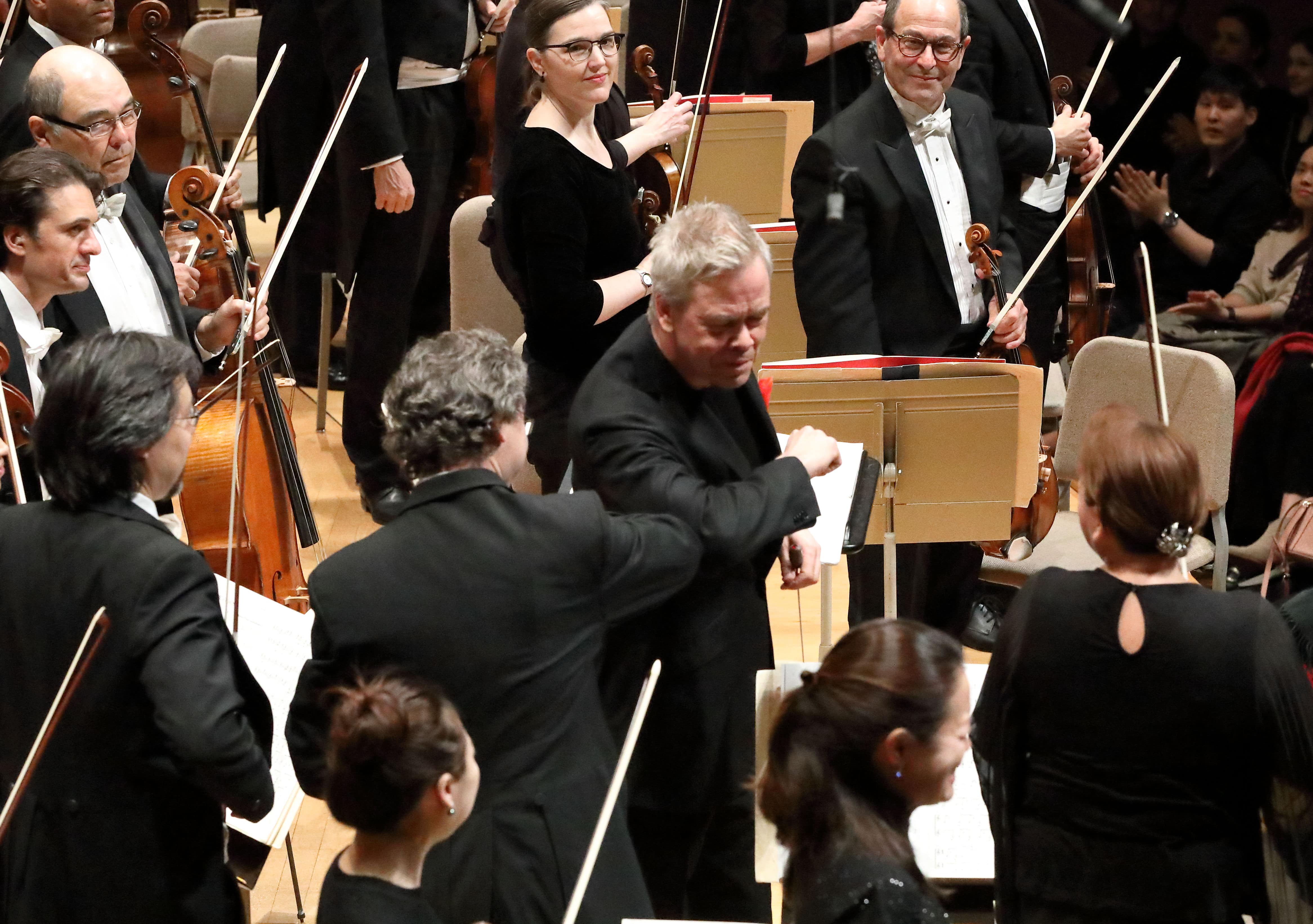Tim Page takes issue with Richard Taruskin
NewsIn contrast to Will Robin’s egregious obituary in Friday’s New York Times, bestowing a stainless halo on the contentious musicologisr Taruskin, Tim Page in the Washington Post finds fault with his arrogance, egomania and multiple errors.
Dr. Taruskin had many admirers. Alex Ross of the New Yorker called him “the most important living writer on classical music, either in academia or in journalism” in a recent interview with musicologist William Robin….
Tim Page quotes the composer John Adams: “He has made a specialty of character assassination,” Adams told the British newspaper the Independent in 2002. “This makes good copy. It’s sort of like watching those tacky ‘true crime’ shows on television: there must always be a body count at the end, whether the target is Prokofiev, Shostakovich scholars, or anyone else he decides to humiliate.”
As for Taruskin’s prejudices and wilful myopia. Tim adds: ‘In his history (of music), for example, there were no mentions of Edward Elgar, Ralph Vaughan Williams, Duke Ellington, Ruth Crawford Seeger or Stephen Sondheim. The name of Finnish composer Jean Sibelius, once voted the most popular composer in the world in a New York Philharmonic radio poll and the subject of a huge revival in the last two decades of the 20th century, appeared five times in 4,560 pages, and then only in passing.’…
Read the full obit here.






Comments